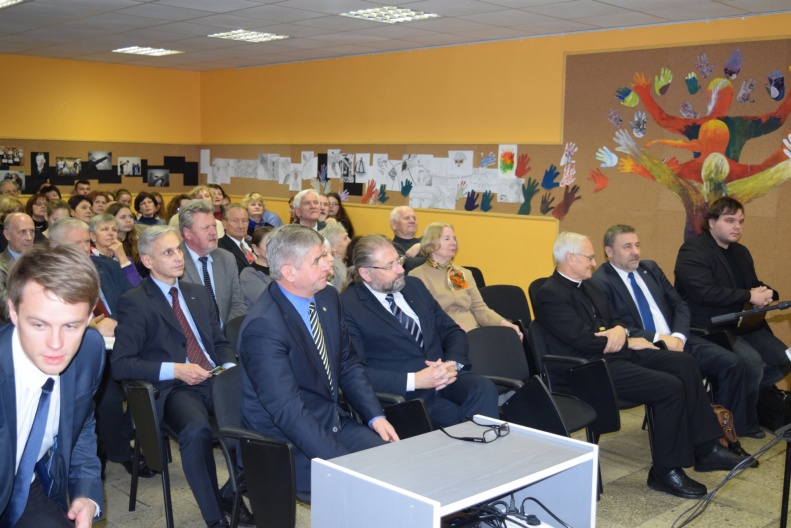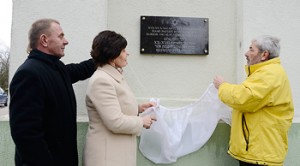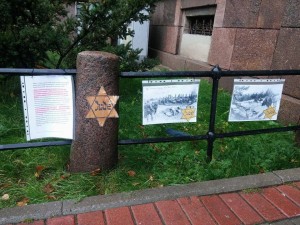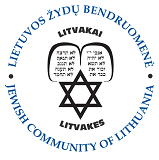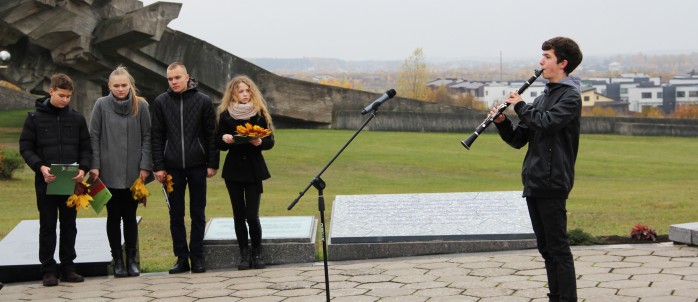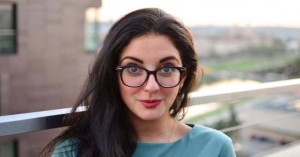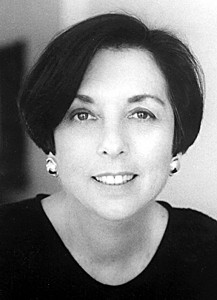
Francine Klagsbrun
Special To The Jewish Week
Watching “Antique Roadshow” on PBS the other night, I was intrigued by one of the items on display. It was a doll someone had inherited, which the show’s expert evaluated at several thousand dollars in today’s market. It had been manufactured, he said, in the early 1900s by Kammer & Reinhardt, a well-known German doll-making company, in business from 1886 to 1932. It was the cutoff date that caught my attention—could this have been a Jewish company that closed down as the Nazis rose to power? The company’s logo on the doll’s back confirmed my suspicion. It showed the initials K and R separated by a Star of David. That star set my mind racing. Did the company’s owners end up wearing the proud symbol of their firm as the oppressive yellow star that marked Europe’s Jews during their darkest days?
This week we commemorated Kristallnacht, the Night of the Broken Glass, when, between November 9 and 10, 1938, Nazi thugs smashed thousands of windows in Jewish storefronts and houses all over Germany and Austria. It struck me as I contemplated, yet again, the horror of those days, how instant had been my reaction to the 1932 closing date of the German doll company, immediately assuming because of that date that the company was Jewish-owned. Those of us who were alive during the Holocaust years, even as children, will always make such associations, always filter 20th-century events through the lens of that century’s Jewish catastrophe.
And what of our children, grandchildren and great-grandchildren? It’s been said many times that as Holocaust survivors pass on, we have a greater responsibility than ever to keep their stories alive. But as the 21st century unfolds with its own stories of atrocities and desperate refugees, we also have to make sure that, while deeply sympathetic to suffering everywhere, succeeding generations of Jews understand the uniqueness of the Holocaust and its impact on all of Jewish life.


